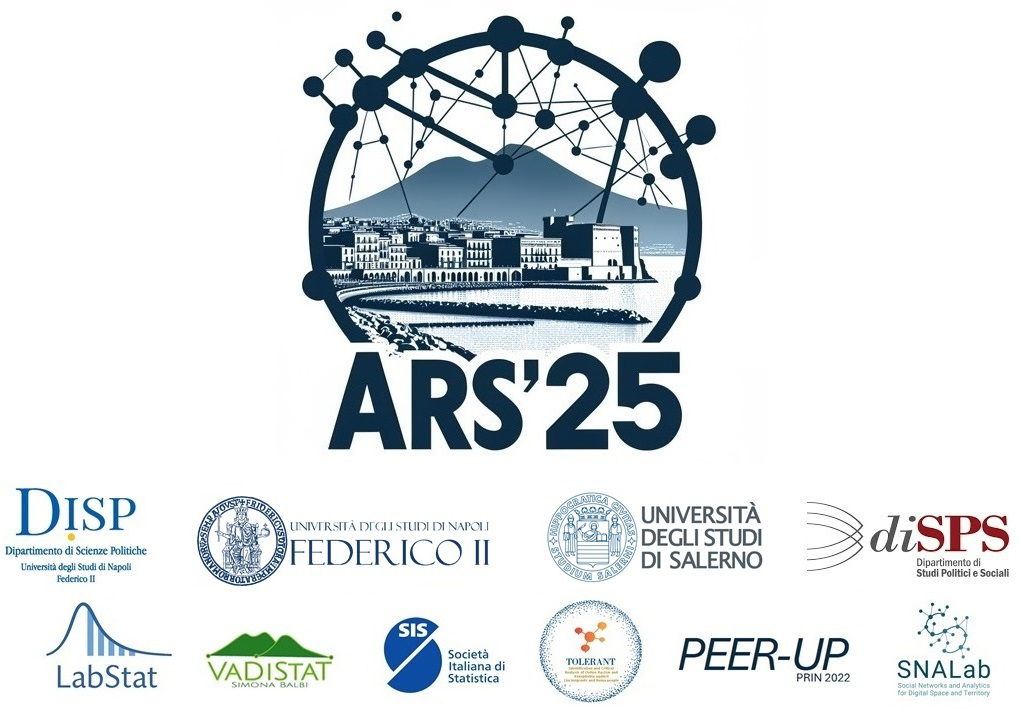Speaker
Description
Relational event models (REMs) are statistical models for the analysis of sequences of relational observations. Estimating these models is straightforward (albeit potentially computationally demanding) when the exact sequence of events is known, such as in the case of phone call records. However, sequences of relational event data may be incomplete or difficult to gather, e.g., when online platforms only provide aggregated data on user behaviors or when networks derive from cognitive perceptions of relationships, like friendship perceptions. Those perceptions are typically collected through survey panels that do not gather instantaneous network changes.
We present an application of the Expectation-Maximization algorithm to estimate the parameters of a REM variant, the Dynamic Network Actor Model (DyNAM), when the sequences are partially observed. We consider the evolution of an incomplete sequence as the result of two conditionally independent DyNAM processes, one governing the tie creation and the other the tie deletion. The generalized Expectation-Maximization is considered for imputing missing data and generating a sequence of proposals that do not necessarily maximize the objective function. The Expectation step is computationally intractable and approximated by random samples of plausible event sequences aggregated following Multiple Importance Sampling schemes.
Additionally, we show that this implementation is not limited to the analysis of incomplete sequences of relational events but can also be applied to analyze the co-evolution of network panel data and relational event data. We illustrate the method by analyzing data on friendship networks collected in a panel design and online interactions.
Keywords/Topics
network modeling, relational event and panel network data, incomplete data, expectation-maximization algorithm

